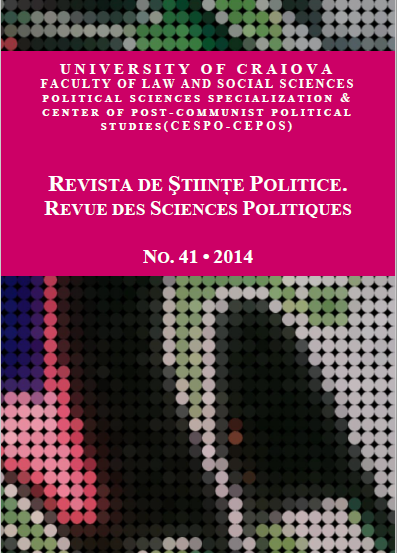Political Change in Czechoslovakia: The Fall of the Nondemocratic Regime in 1989 in the perspective of theory of Transition
Political Change in Czechoslovakia: The Fall of the Nondemocratic Regime in 1989 in the perspective of theory of Transition
Author(s): Jan BurešSubject(s): Political history, Government/Political systems, Post-War period (1950 - 1989)
Published by: Editura Universitaria Craiova
Keywords: democracy; transition; communism; Czechoslovakia; politics; regime;
Summary/Abstract: The author deals with the problem of denomination of the process of political change in Czechoslovakia in November of 1989, and try set this process in the frame of the theory of transition to democracy. He analyses main turning points – the events, which influenced the development of political change in Czechoslovakia. He starts with the analysis of last period of Communist region in the 80 ´s and shows the processes inside leadership of Communist party (KSČ). He also shows the position of opposition in Czechoslovakia in this period. Afterwards he describes the process of the fall of regime in November 1989. These changes were achieved by public demonstrations in Prague and other big cities, and also by the talks between leaders of oppositional movements and representatives of communist Federal government. The author shows strategies of opposition and KSČ in this process. The author tries to find more precise politological term for this process of political change. He is inspirated by many studies of transitology in the Political Science (Rustow, di Palma, Przeworski, Linz, Stepan), also of Czech authors (Dvořáková).
Journal: Revista de Științe Politice. Revue des Sciences Politiques
- Issue Year: 2014
- Issue No: 41
- Page Range: 115-125
- Page Count: 11
- Language: English

